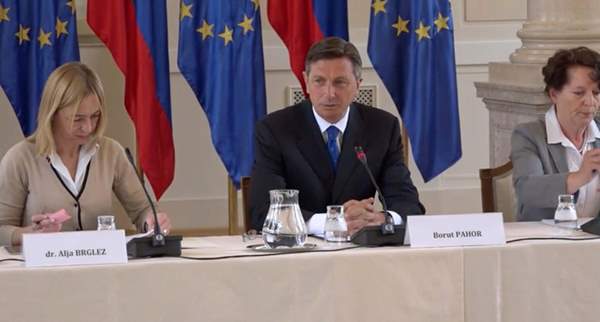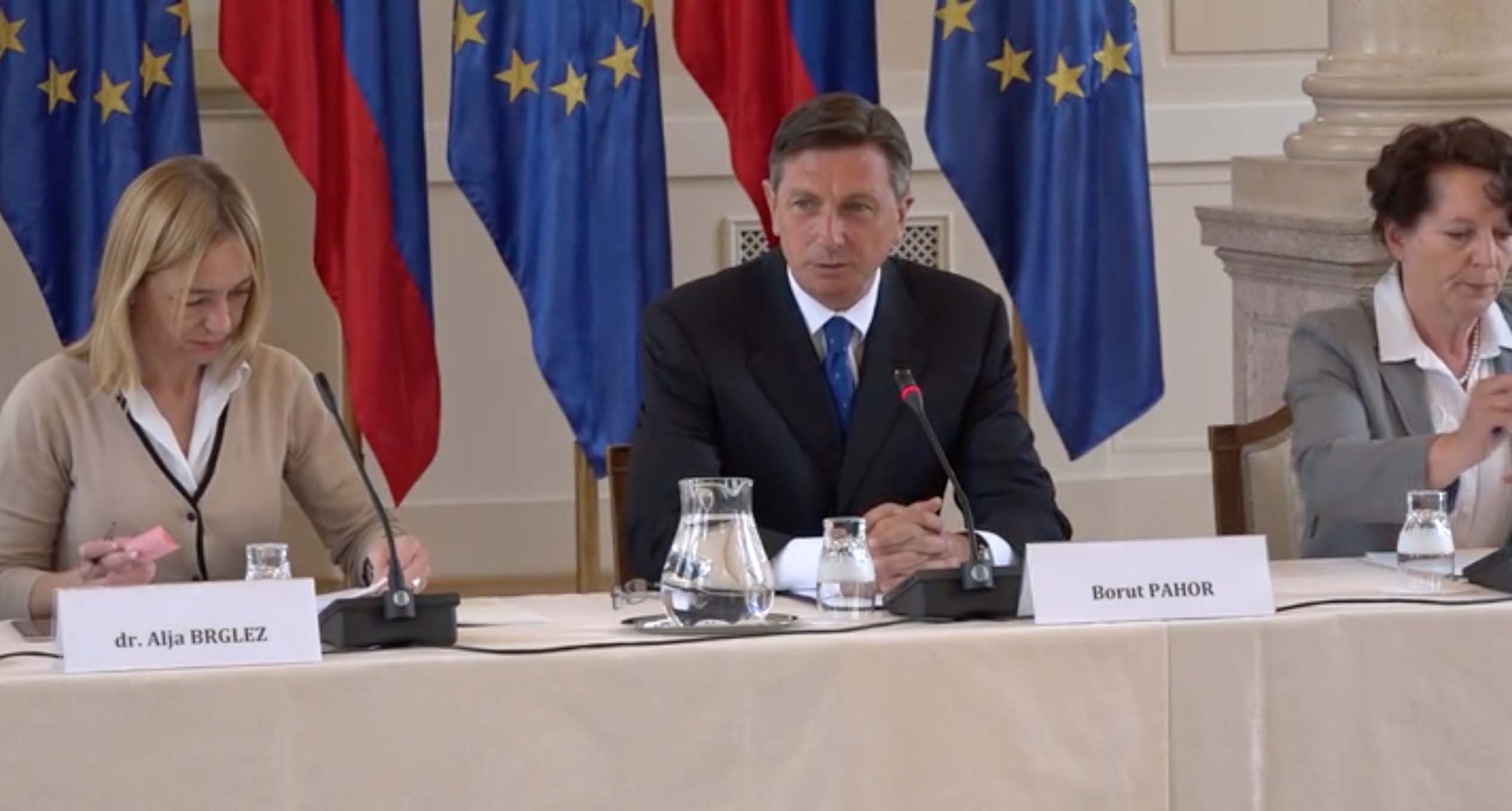
Number of people over 65 expected to rise by 2030

Participants of the ‘Slovenija 2030’ conference – the challenges of the silver generation, hosted by president of the republic Borut Pahor, highlighted the importance of planned operation. Prof. doc. Marija Ovsenik, dean of social gerontology at Alma Mater, also participated at the conference, bringing to light the ever-increasing importance of her field. Participants agreed on an approach in the drafting of strategy for a long-living society, whereby activities that were previously separated via age groups, should be interwoven.
President Pahor began by saying that demographic changes will require numerous adaptations of society. He warned that by the year 2030, the number of people between 20-64 will decrease, whereas the number of people over 65 will increase. The share of population between 20-64 was 62,2 percent in 2012, though this number is expected to drop to 55,6 percent by 2030 (Institute of Macroeconomic Analysis and Development - UMAR) The percentage of population over 65 years of age represented 18,4 percent in 2016, and is expected to increase to 24,8 percent by 2030.
He stated that “Fewer and fewer people are working for an increasing number of retirees”. A re-envisioned partitioning of the health and care burdens is evidently required due to changes in the relationship between the active and inactive populations (a different age structure), as well as a lack of security in employment and increasing expenditures on pensions. As he warned, preparing for a longer life expectancy is crucial to ensuring the quality of life for the elderly.
President of the Association of Pensioners of Slovenia, Janez Sušnik, stated that his association includes many experts, who could contribute to the preparation of legislative solutions. “It would be a shame to not use this potential” he added.
The Secretary of State in the Prime Minister’s Cabinet and head of the working group for preparation of the strategy for a long-living society Marija Pukl, stated: “We live in a time, where certain issues have gone too far without a response.” According to her, the draft of strategy which is now being publicly discussed, presumes the possibility of inclusion of all generations, regardless of their ability and knowledge. Davor Dominkuš from the Ministry of Labor, Family and Social Affairs, added that we need to ensure the decent and safe aging of both the current and future generations of elderly.
The debate outlined four basic challenges of encompassing an aging population: activity, independence, security and inclusion.
Other participants included Eva Helena Zver from the Institute of Macroeconomic Analysis and Development (UMAR), Head of the Institute for Economic Research Boris Majcen, Chairman of the Parliamentary Committee on Labor Uroš Prikl (DeSUS), Andrej Zorko from the Association of Free Syndicates, and Vito Flaker from the Faculty for Social Work.


